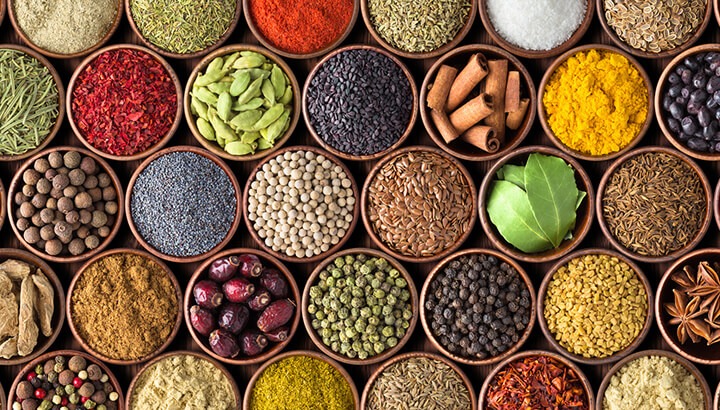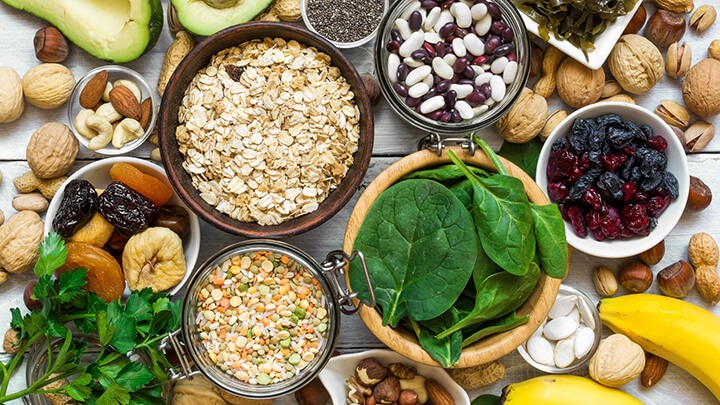I live in Connecticut, right in the shadows of the Yale — one of the most prestigious universities in the world… and home to a world renowned medical center and biomedical research institution. Research conducted at Yale has been responsible for major advances in science and medicine, something that all of us locals can and should be proud of. Many of the clinical trials conducted at Yale are done on subjects that live locally, so it is common to see advertisements in search of research subjects all around town.
I saw one such advertisement on the back of a city bus that was stopped in front of me on the road recently. The sign was recruiting patients for a study on diabetes. In a big, bold headline, the sign read something to the tune of: “Do You Have Type 2 Diabetes?? Take part in exciting research to help discover new treatments to lower blood sugar.” They were even offering 75 bucks to be a guinea pig.
Now, I’m a big fan of medical research, and advancing the science of diabetes is a necessary and worthwhile endeavor. Type 2 Diabetes is indeed a huge problem… but new medications are not going to be the solution. The truth is that we already know how to treat type 2 diabetes… we’ve known for years. And we know how to prevent it, too. News flash: New medications are not the answer.
A remarkable new study published in JAMA clearly informs how we should be addressing our nation’s type 2 diabetes epidemic. In this study, researchers examined the links between ten different foods and deaths from cardiometabolic illnesses including heart disease, type 2 diabetes, and stroke. Data was collected from surveys held between 1999 and 2002, and from 2009 and 2012.
Based on their analysis, the researchers found that approximately 45 percent of all deaths from cardiometabolic illnesses in the United States were attributable to dietary factors. This means that nearly half of all of the deaths in this nation from heart disease, type 2 diabetes, and stroke could likely be prevented simply by eating differently and making healthier choices. On these results, the study authors wrote:
“Dietary factors were estimated to be associated with a substantial proportion of deaths from heart disease, stroke, and type 2 diabetes. These results should help identify priorities, guide public health planning, and inform strategies to alter dietary habits and improve health.”
Digging into the details of the findings, the study authors found that many deaths were linked to eating too much sodium, processed meat, sugar, and red meats, as well as to not eating enough fruits, vegetables, nuts, seeds, and omega-3 fatty acids from fatty fish and other seafood. In short, too much of the wrong foods, and not enough of the right foods. We’ve known this all along.
In my opinion, it is equally important — if not more important — to direct the dollars used on medical research to educate people on how to use the information that we already know. People need to learn and be inspired to make healthier food choices. We need to redirect our focus and our efforts in the direction of applying the knowledge that we already have. As the JAMA study just showed… Food can be poison or food can be medicine. You get to choose.
– Dr. Joshua Levitt









